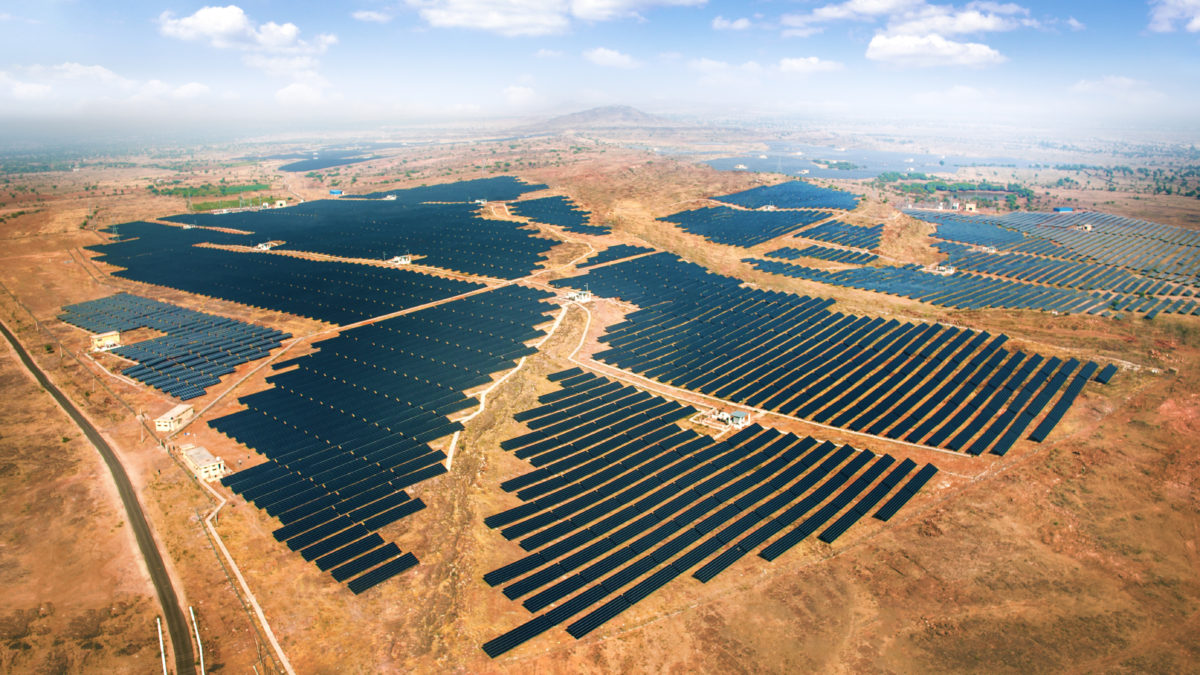The Solar Energy Corporation of India (SECI) has tendered for 750 MW of grid connected solar PV capacity in Rajasthan.
The maximum tariff payable to successful developers has been fixed at R2.93/kWh for 25 years.
To be built on the build, own, operate basis, the 750 MW capacity will be comprised of projects of at least 10 MW in scale, set up in multiples of 10 MW. Bidding closes on September 14.
Projects – which could all be awarded to a single developer – must achieve financial close within 12 months from the effective date of their power purchase agreement, and successful developers must demonstrate possession of 100% of the land identified within the same timeframe.
Land, connectivity and long-term open access shall be in the scope of the developer and SECI will enter a 25-year PPA with successful bidders, with the power generated sold to Rajasthan Urja Vikas Nigam Limited (RUVNL).
According to the SECI circular announcing the tender, the Rajasthan projects will be technology agnostic, meaning crystalline silicon, thin film or ccncentration PV (CPV) – with or without trackers – can be installed.
To minimize technology risk and achieve timely commissioning, only commercially established and operational technologies can be used.
With 20 projects of 1.5 GW capacity in the pipeline, Rajasthan wants to increase solar power generation to 3.78 GW by April. Solar currently contributes 10% of the power consumption of the state, with a target to reach 17% by 2021.
This content is protected by copyright and may not be reused. If you want to cooperate with us and would like to reuse some of our content, please contact: editors@pv-magazine.com.








By submitting this form you agree to pv magazine using your data for the purposes of publishing your comment.
Your personal data will only be disclosed or otherwise transmitted to third parties for the purposes of spam filtering or if this is necessary for technical maintenance of the website. Any other transfer to third parties will not take place unless this is justified on the basis of applicable data protection regulations or if pv magazine is legally obliged to do so.
You may revoke this consent at any time with effect for the future, in which case your personal data will be deleted immediately. Otherwise, your data will be deleted if pv magazine has processed your request or the purpose of data storage is fulfilled.
Further information on data privacy can be found in our Data Protection Policy.